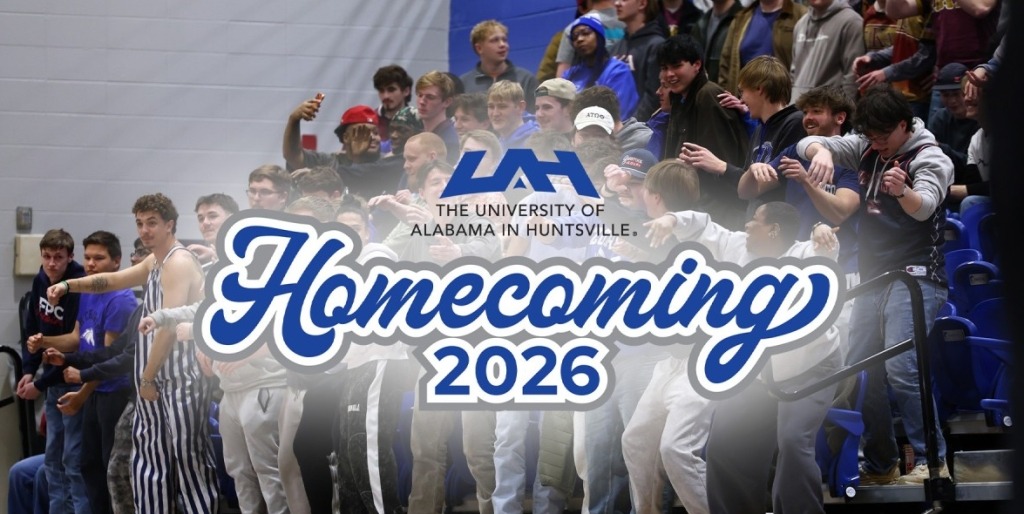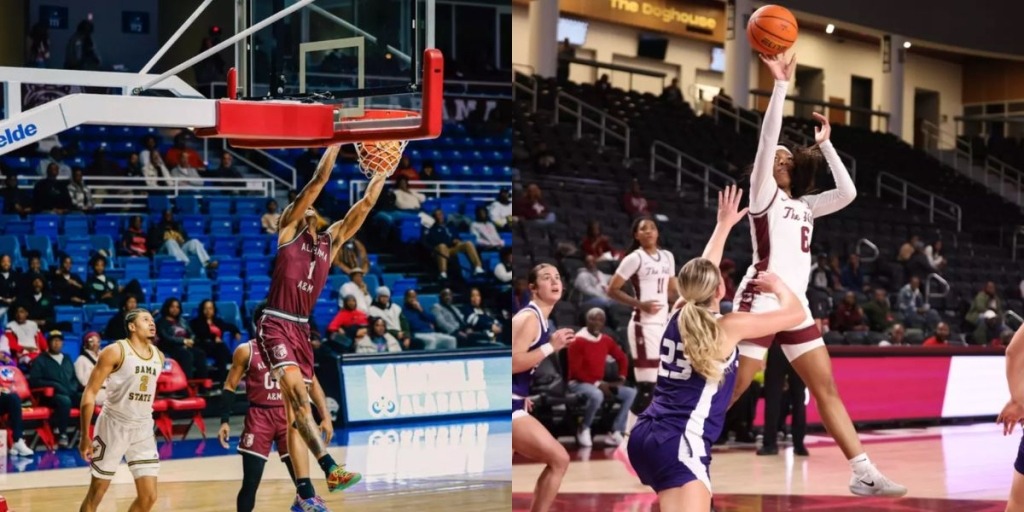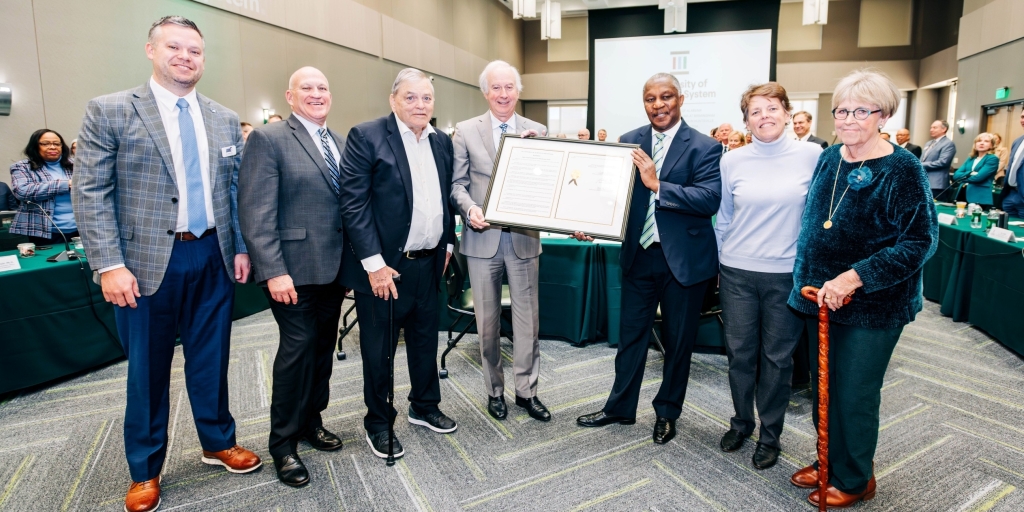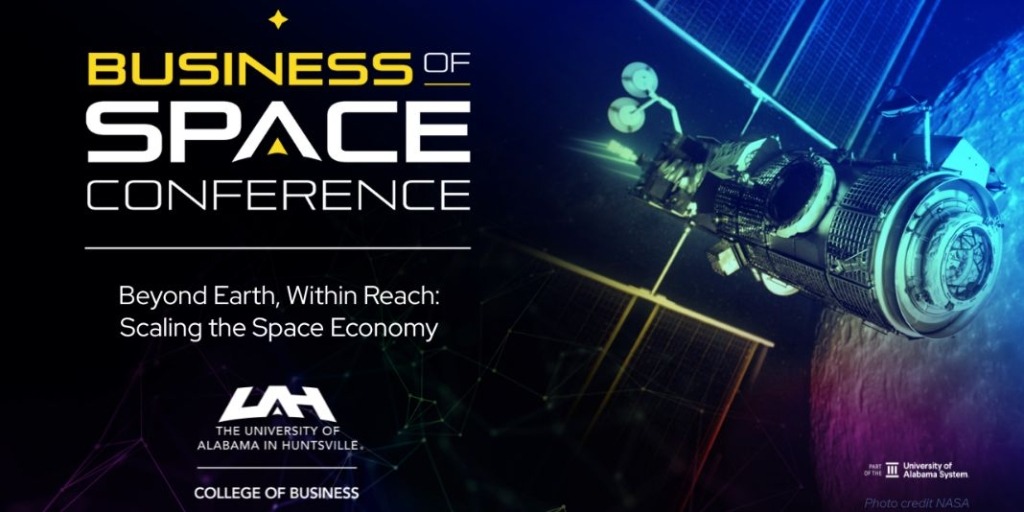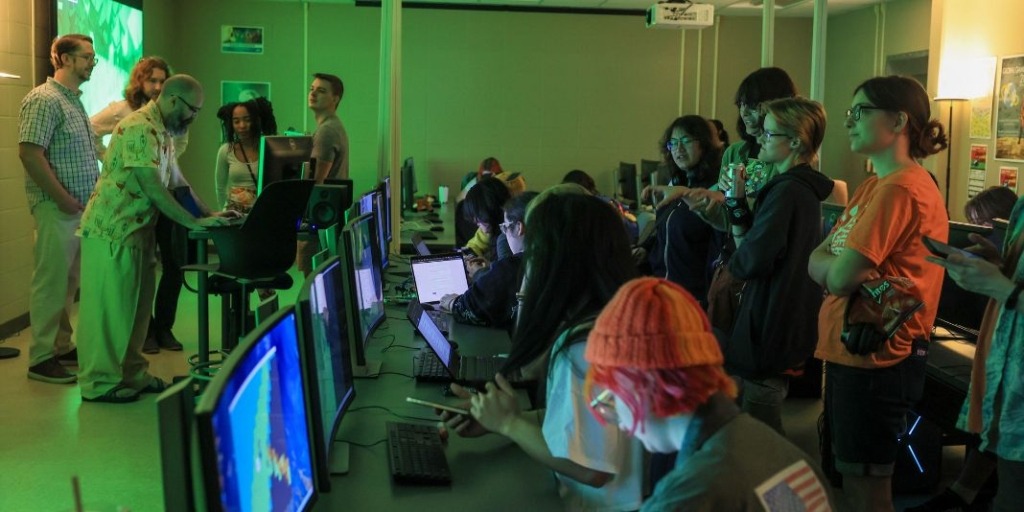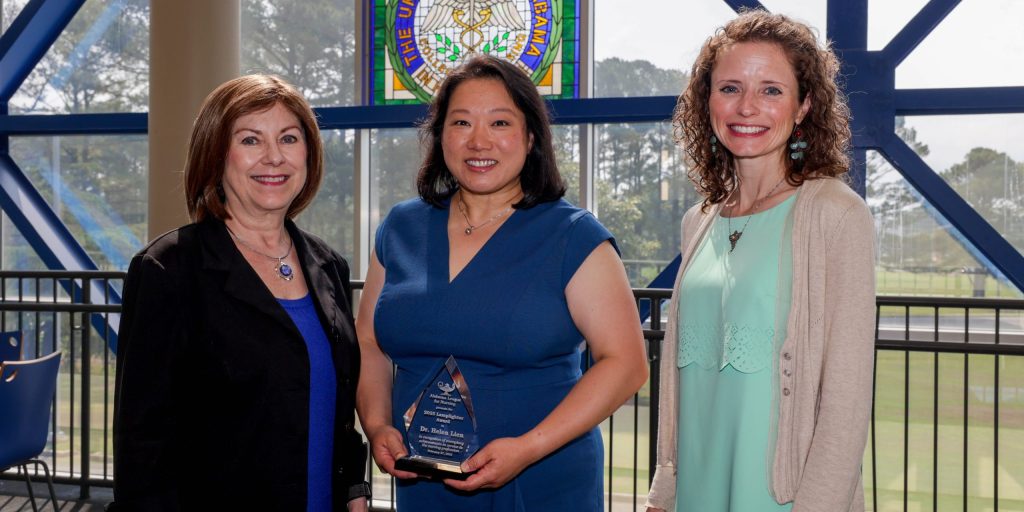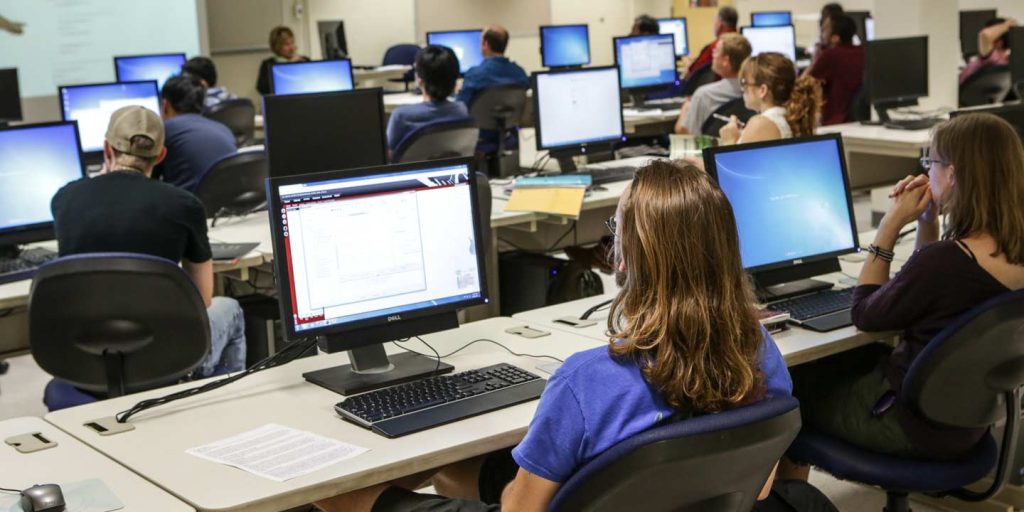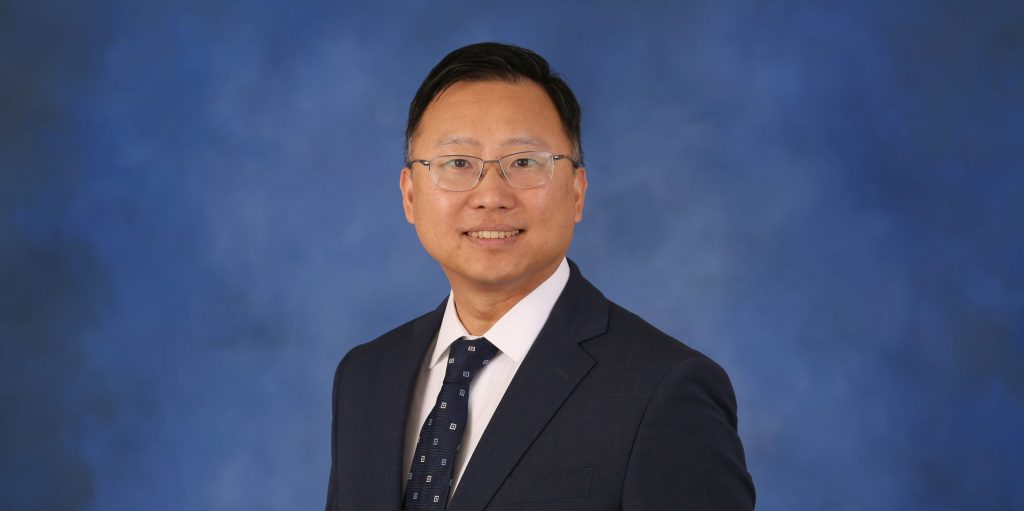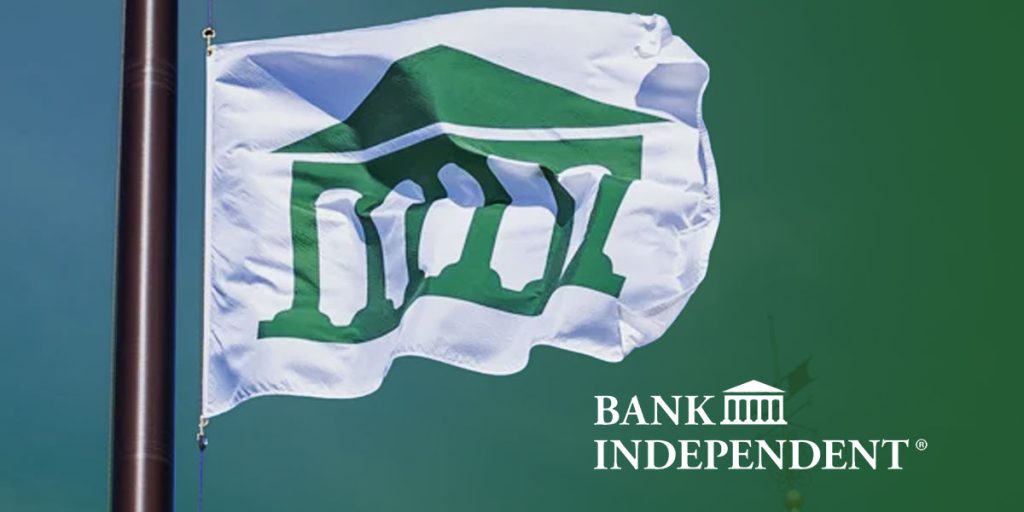HUNTSVILLE – Three Space Hardware Club teams from the University of Alabama in Huntsville placed first, third and fourth nationally in the 2024 International CanSat competition.
UAH student teams Shockwave, Snapdragon and Moonracer placed first, third and fourth nationally, while also notching second, seventh and 10th, respectively, in the final international rankings.

“The accomplishment is even more impressive considering that a majority of the UAH team members were new to the competition,” said SHC AutoSat program manager and project lead Louis McEvoy.
Among the 27 competing team members, 85% were first-year freshmen whose only prior knowledge was a SHC two-month training program they participated in at the start of the year.
“They’re competing against primarily upperclassmen and graduates from other countries, and knowing that we fell short of first place internationally by a margin of only 0.3%, we’re pretty proud of that,” McEvoy said.
A CanSat is a type of rocket payload to teach students space technology. The 2024 mission simulates a space probe entering a planetary atmosphere. Each CanSat contains electronics, a hen’s egg that simulates a delicate instrument, and a detachable heat shield, as well as sensors for tracking altitude, internal temperature, battery voltage and GPS position. The egg must survive without breaking through all phases of flight.

CanSats are launched to a maximum altitude of 725 meters, measuring the speed of the rocket during ascent and of the CanSat itself during descent. At an altitude of 100 meters, the CanSat releases the aero-braking heat shield and simultaneously deploys a parachute to reduce the descent rate to less than 5 meters per second.
The competition was held over four days in Staunton, Va., with each team attending a preflight briefing, putting their hardware through a Flight Readiness Review, and flying their projects at the competition’s launch site.
The annual event is open to teams from universities and colleges and is organized by the American Astronautical Society (AAS) to support a student design-build-launch competition for space-related topics, as seen in this video. Students participate in a hands-on end-to-end life cycle of a complex engineering project, from conceptual design, through integration and test, concluding with the actual operation of the system and post-mission summary and debrief.
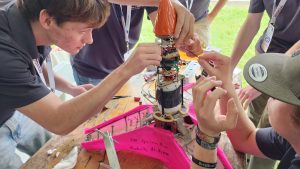
(Courtesy UAH Space Hardware Club)
“Our CanSat teams each scored over 98% of the possible points to be earned in highly technical design reviews presented to the competition judges,” McEvoy said. “Throughout the competition, the UAH teams worked their butts off. And each of these teams could not do what they are doing without the support of their university.”
The Space Hardware Club is the largest student group on the UAH campus, comprising nearly 300 students. The SHC AutoSat program is a subset of the group that deals primarily with autonomous payloads and vehicles.
CanSat Team Moonracer
- Sofia Vicente (Team Lead) – Mechanical Engineering
- Colin Reiland – Electrical Engineering
- Kaiden Skiles – Aerospace Engineering
- Collin Caple – Cybersecurity Engineering
- Jack Westbrook – Aerospace Engineering
- Joshua Kiss – Mechanical Engineering
- Edward Narramore – Aerospace Engineering
- Amanda Shaw – Aerospace Engineering
- Phineas Masters – Aerospace Engineering
- Ethan Pascuales – Computer Science
CanSat Team Shockwave
- Arel Urbanozo (Team Lead) – Aerospace Engineering
- Ashley Reed – Mechanical Engineering
- Jordan Littlepage – Aerospace Engineering
- Samuel Chouinard – Aerospace Engineering
- Zach Jones – Aerospace Engineering
- Andrew Treadway – Aerospace Engineering
- Harrison Slusser – Electrical Engineering
- Nic Ruse – Electrical Engineering
- Madeline Teer – Computer Engineering
- Nilan Mickel – Computer Science
CanSat Team Snapdragon
- Nick Barrett (Team Lead) – Aerospace Engineering
- Myles Garver – Mechanical Engineering
- Avery Moorman – Aerospace Engineering
- Yelim Kim – Aerospace Engineering
- Cooper Thompson – Aerospace Engineering
- Jensen Fallin – Electrical Engineering
- Dylan Spano – Aerospace Engineering
- Gabe Fievet – Electrical Engineering
- Joshua Bays – Computer Engineering
- Ollie Hopton – Computer Science



